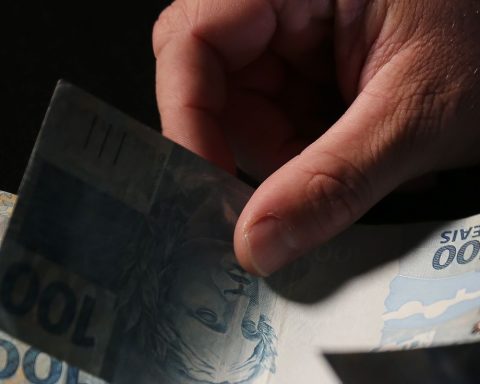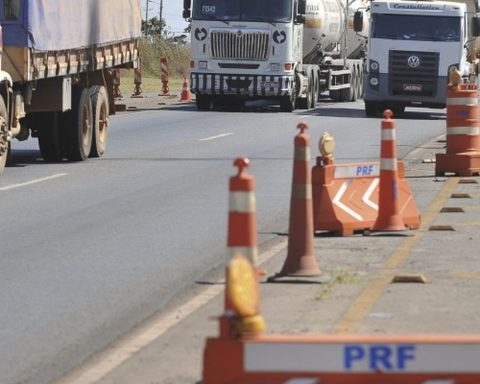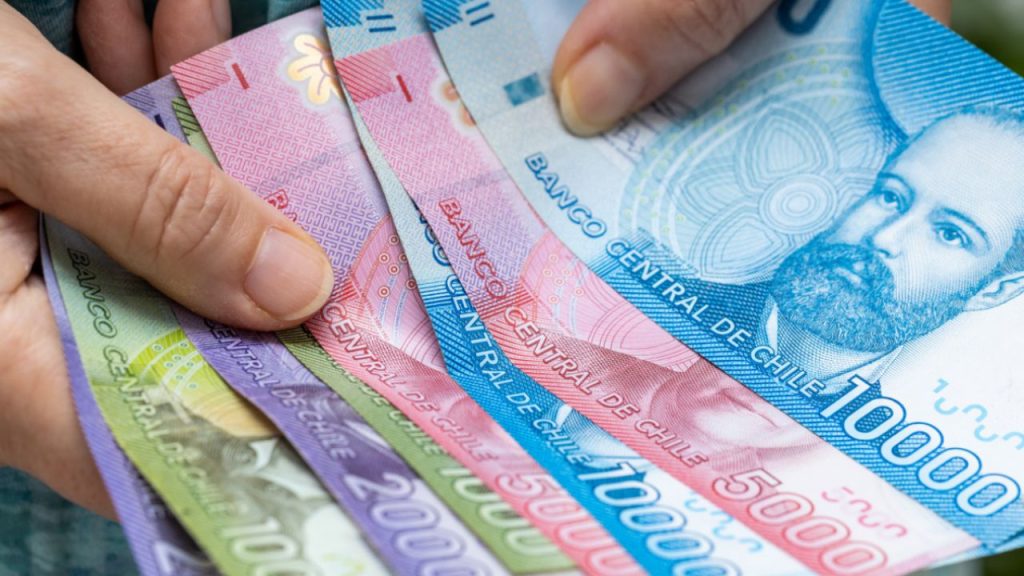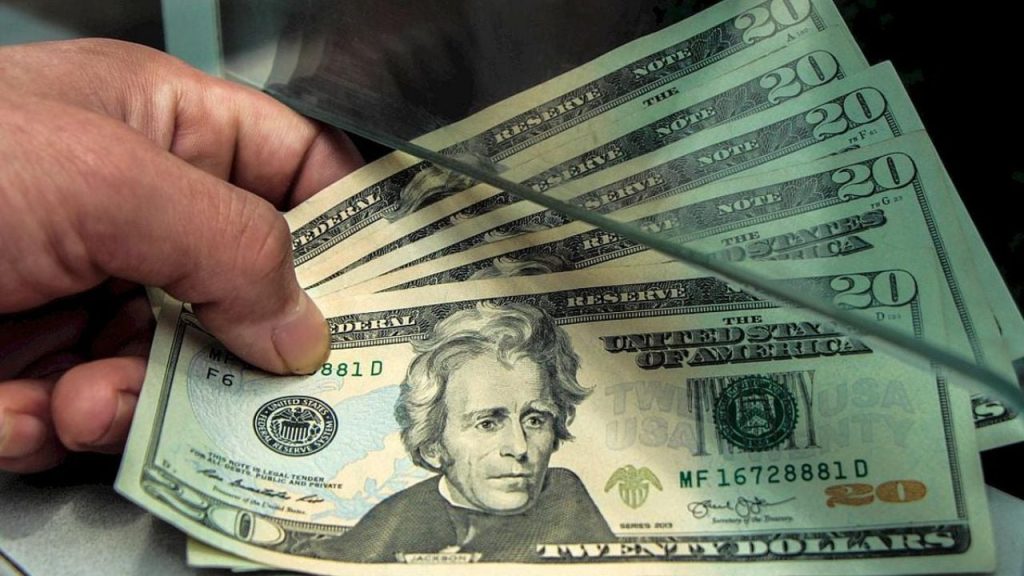The Central Government – which comprises the National Treasury, Social Security and the Central Bank – presented a primary deficit of R$38.8 billion in June, the Ministry of Finance reported today (26). According to the ministry, the result for the month was better than the financial market’s expectations, which indicated a deficit of R$40.9 billion. The result was also lower than that recorded in the same month last year, when the deficit was R$45.1 billion in nominal terms.
In June, the National Treasury and the Central Bank had a surplus of R$6.1 billion, while Social Security (RGPS) had a primary deficit of R$44.9 billion. Compared to June 2023, the primary result observed is due to the combination of a real increase of 5.8% (R$8.8 billion) in net revenue and a real increase of 0.3% (R$657.5 million) in total expenses.
Regarding expenses, the Treasury reported that, compared to June last year, there was a reduction of R$7.1 billion in Social Security Benefit payments, due to the difference in the payment schedules for the 13th social security salary between 2023 and 2024.
The ministry also said that the items that contributed most to the increase in expenses were discretionary and mandatory expenses with flow control, which together totaled R$5.6 billion. Both were mainly due to increases in actions in the Health function, of R$5 billion.
The payment of Continuous Benefit Payments (BPC), in the order of R$1.3 billion, also contributed to the increase in expenses, due to the increase in the number of beneficiaries and the policy of increasing the minimum wage, in addition to extraordinary credits of R$1.2 billion explained by actions to face the calamity in Rio Grande do Sul.
In the accumulated period from January to June 2024, the Central Government reached a primary deficit of R$68.7 billion, compared to a deficit of R$43.2 billion in the same period of 2023, in nominal terms.
The balance is composed of a surplus of R$129.5 billion from the National Treasury and the Central Bank and a deficit of R$198.2 billion in Social Security (RGPS). In real terms, in the accumulated period up to June, net revenue increased by 8.5% (+R$83.2 billion), while expenses grew by 10.5% (+R$107.3 billion).
According to the Treasury, the increase in expenses in the first half of the year occurred mainly due to the increase in social security benefit payments, of R$40 billion, explained especially by the difference in the payment schedules of the 13th salary of Social Security, in addition to the increase in the number of beneficiaries and the policy of increasing the minimum wage.
Other important contributions were the growth in discretionary expenses, of R$20.2 billion, and mandatory expenses with Flow Control, of R$9.9 billion, and in BPC payments, of R$8 billion, and Extraordinary Credits of R$7.5 billion, directed to dealing with the public calamity in Rio Grande do Sul.
















